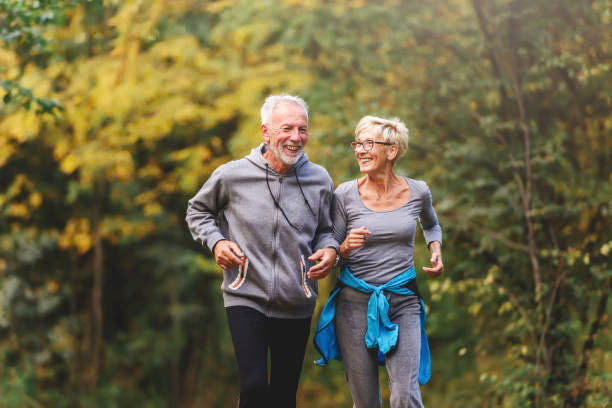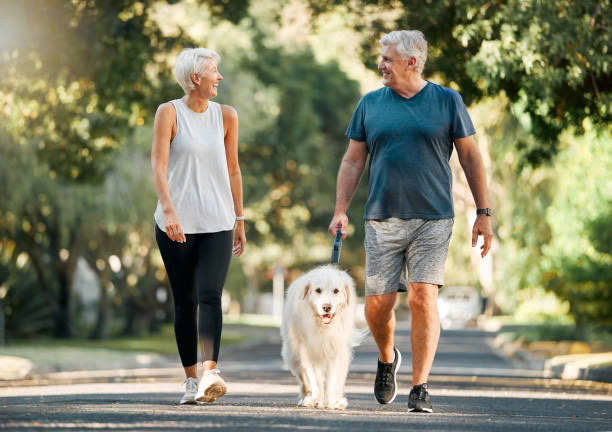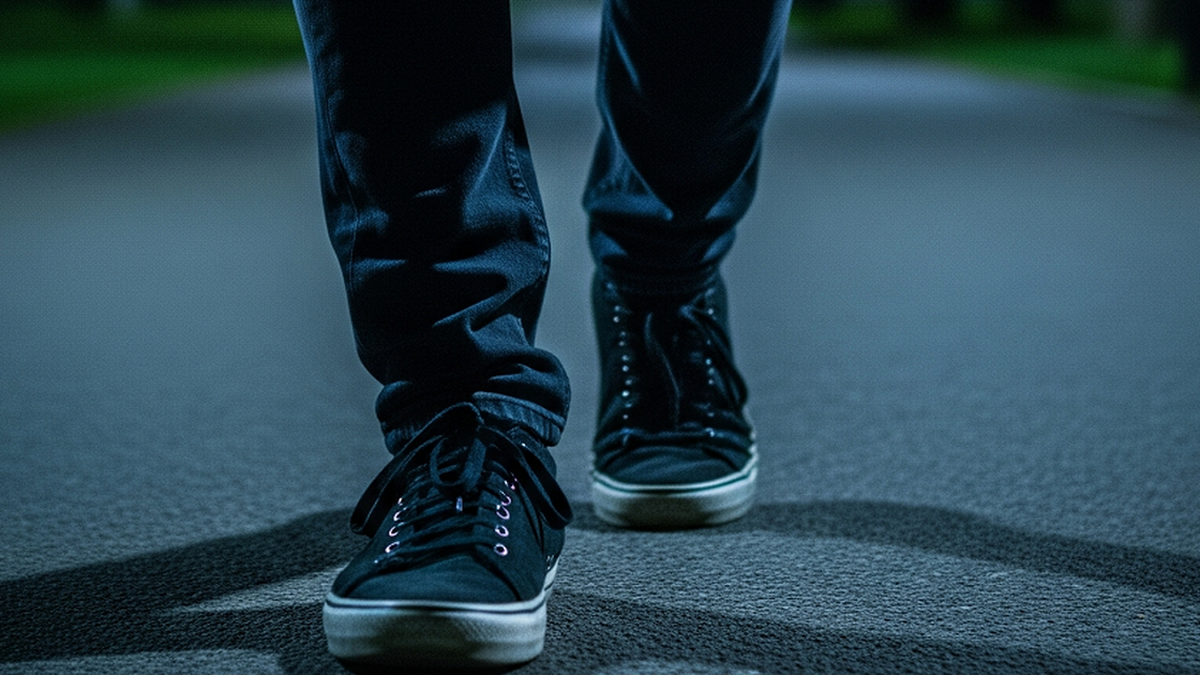Walking is a great exercise that is not only good for your heart, but also for your bones and overall health. For seniors, walking is especially beneficial because it helps maintain fitness without putting undue stress on your joints.
In particular, there are some walking tips that seniors should follow to prevent injuries and ensure safety.
Here, Dr Aijaaz Ashai, an internationally award-winning physiotherapist from India, shares the top 9 walking tips that seniors should adopt, according to the health website Health Shots.

For older adults, walking is especially beneficial because it helps maintain fitness without putting undue stress on the joints.
1. Don't push yourself! Start with short runs, especially if you're a beginner, and gradually increase the distance and time. Going slowly will help avoid straining your muscles and joints. Start by taking it easy.
2. Wear comfortable shoes. Shoes should have good arch support and cushioning to make walking comfortable and avoid injury. Shoes should fit well and be stable. If you do not wear sneakers , you can wear loafers because they do not have laces and are comfortable.
3. Use assistive devices. Older adults tend to lose their balance as they age. If you have balance problems, you may need to carry a cane. This will help prevent falls and injuries while walking.
4. Maintain posture and technique. Walking requires a simple technique. Place your heels on the ground first, then roll your toes down. At the same time, keep your head up, your shoulders back, and your arms swinging slightly to ensure a posture that puts less strain on your back and neck.
5. Stay hydrated. Older adults should carry a water bottle with them when walking. Drinking enough water can maintain energy levels, experts say. Additionally, dehydration can cause dizziness in older adults while walking.

Walking with friends or in a group can be more enjoyable. It can also provide more safety, in case of a health emergency.
6. Keep your pace. Walking too fast can lead to overexertion, experts say. If you feel short of breath or tired, stop for a moment. Also, keep your stride length natural. Longer strides put pressure on your legs.
7. Walk on flat ground. Walk on flat ground to avoid the risk of falling and injury. Ideally, parks or designated walking paths are safest, says Dr. Ashai.
8. Dress comfortably. Choose comfortable clothes according to the weather. When walking outdoors, wear layers of clothing as this will help your body respond to changes in temperature. Also, for safety, wear light-colored clothing during the day. At night, older people should wear reflective clothing and carry a flashlight.
9. Walk with a friend. Walking with a friend or in a group can be more fun. It can also provide more safety, in the event of a health emergency, experts say.
Walking has benefits for older adults. Following the tips above can help prevent falls or other problems. Gentle stretching before and after walking is also important. This can help stretch your muscles to prepare your body for exercise and prevent injuries after walking.
Walking offers even more benefits for seniors than any other age group, including:
- Improve heart health.
- Strengthens bones and muscles.
- Improve mood, sleep better.
- Maintain better balance to reduce falls.
- Boost immunity.
- Maintain weight, according to Health Shots.
Source: https://thanhnien.vn/bac-si-chi-meo-di-bo-hang-dau-nguoi-cao-tuoi-nen-tuan-theo-185241030215805186.htm

































































































Comment (0)